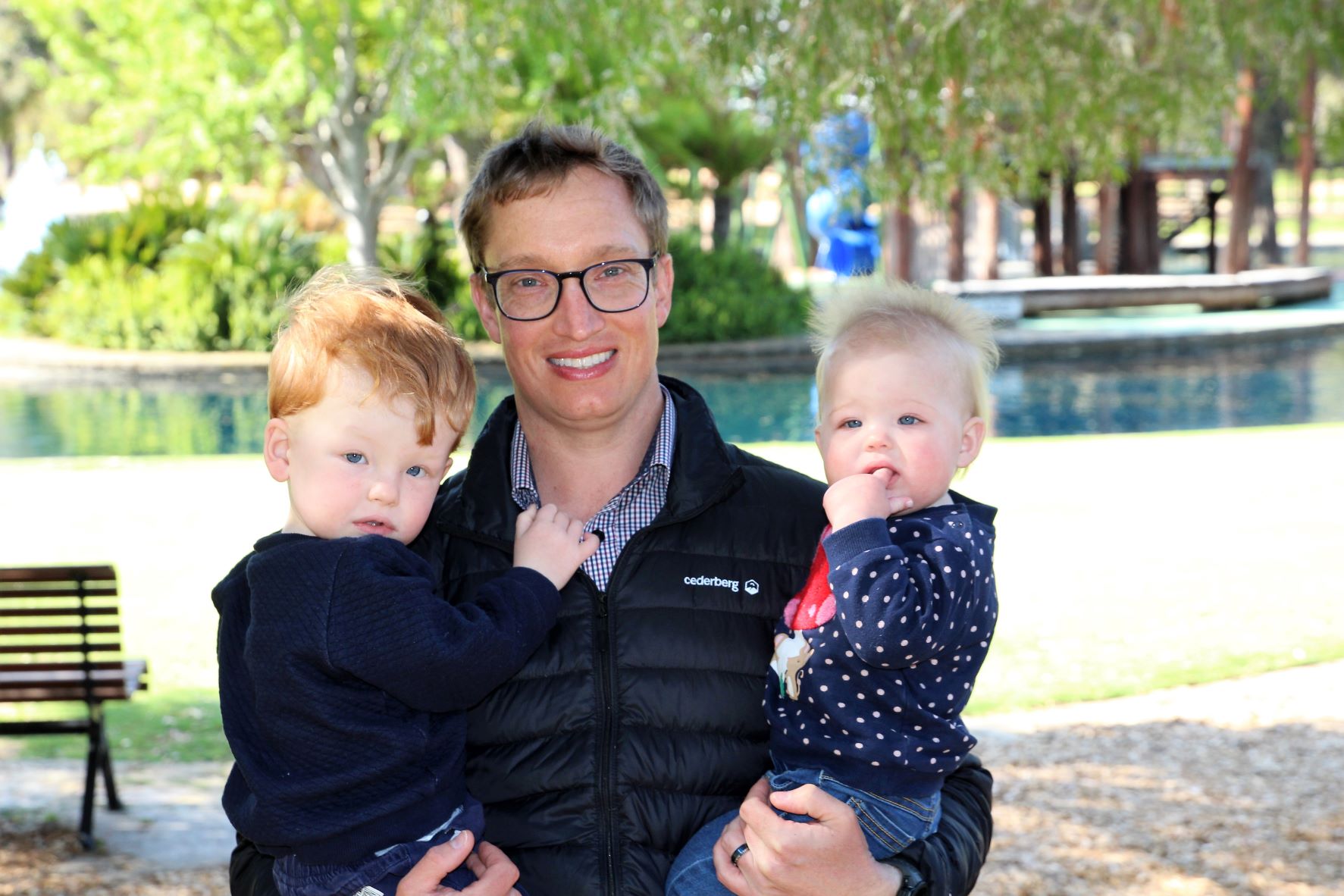Search
Showing results for "Au"
Research
Healing Anthropocene Syndrome: Planetary Health Requires Remediation of the Toxic Post-Truth EnvironmentThe term “Anthropocene Syndrome” describes the wicked interrelated challenges of our time. We expand the discourse on positive social contagion and argue that empowerment through education can help lead to an information transformation with the aim of flourishing along every link in the person, place and planet continuum.
Research
Intersex adolescents seeking help for their depression: the case study of SPARX in New ZealandSPARX is a computerized cognitive behavioral therapy self-help program for adolescent depression that is freely available in New Zealand. At registration, users identify themselves as either male, female, intersex, or transgender. We aimed to describe the mental health of adolescent intersex users. A secondary analysis of SPARX usage data over 5 years.
Research
Strengthening health systems to support children with neurodevelopmental disabilities in Fiji—A commentaryLeadership and collaboration has resulted in increased capacity in the Fijian health system to support children with neurodevelopmental disabilities

News & Events
Julie Bishop steps down as Chair of The Kids Research Institute Australia to focus on new roleThe Chair of The Kids Research Institute Australia, the Hon Julie Bishop, has stepped down after five years to allow her to focus on her critical role as the United Nations Secretary General’s Special Envoy on Myanmar.

News & Events
3rd European Rett Syndrome Conference, October 17-19, Maastricht, The NetherlandsFollowing last year's World Rett Syndrome Congress held in New Orleans, the 3rd European Rett Syndrome Conference was held in the Netherlands over 3 days.

News & Events
HBF Funded Sub-Project Runner Up In Ramsay Research Week CompetitionORIGINS sub-project, Flourishing in Fatherhood, has placed runner up in Ramsay Health Care's research-month competition!

News & Events
Senior researcher presents at perinatal mental health conferenceSenior Embrace researcher Dr Alix Woolard has called for more support for NICU parents and families at the 2025 Perinatal and Infant Mental Health Symposium.

News & Events
Finalist for Indigenous leadership award announcedThomas Betts is a semi-finalist in the National Indigenous Times Indigenous Community Leadership Award.
Conference presentations
Research
A phenotype centric benchmark of variant prioritisation toolsWe hypothesised that the performance of variant prioriisation tools may vary by disease phenotype.
